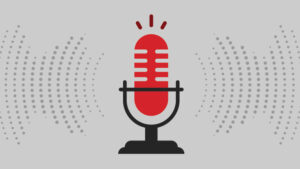Ameritas Insights
FEATURED CONTENT
How to Retire Early with a Single Premium Immediate…
June 26, 2025
| 8 min read
8 min read
What is the Role of Survivorship Life Insurance in…
June 25, 2025
| 7 min read
7 min read
Why Routine Dental Care Matters
June 17, 2025
| 8 min read
8 min read
Insights for Life
5 Benefits of Disability Income Insurance to Protect Your…
May 12, 2025
| 7 min read
7 min read
Understanding the Taxation of Annuity GLWB Withdrawals
April 15, 2025
| 6 min read
6 min read
Combining Life Insurance with Living Benefits
April 4, 2025
| 8 min read
8 min read
Insights for Wealth
When Does a Roth IRA Make Sense?
April 8, 2025
| 9 min read
9 min read
March 20, 2025
| 25:59 min listen
25:59 min listen
Best Ways to Build a Good Credit Score
February 14, 2025
| 6 min read
6 min read
Insights for Health
Ear Infections in Adults: It’s Not Just Kids Who…
July 3, 2025
| 10 min read
10 min read
Diabetes and Vision Loss: A Vital Connection
June 24, 2025
| 8 min read
8 min read
How To Floss Your Teeth For Better Health
June 17, 2025
| 7 min read
7 min read
Insights for Business
Offer a Dental Plan That Impacts Healthcare Costs
June 25, 2025
| 3 min read
3 min read
IRS Form 5500 Requirements for Qualified Retirement Plans
June 18, 2025
| 5 min read
5 min read
Self-Funded vs. Fully Insured Dental Plans
June 2, 2025
| 6 min read
6 min read
Latest from the Newsroom
Ameritas announces newly elected officers – June 2025
June 9, 2025
| 4 min read
4 min read
Ameritas names Anthony DiPaola to Hall of Fame
June 5, 2025
| 5 min read
5 min read
Ameritas associates celebrate Arbor Day by planting trees at…
May 5, 2025
| 4 min read
4 min read


















